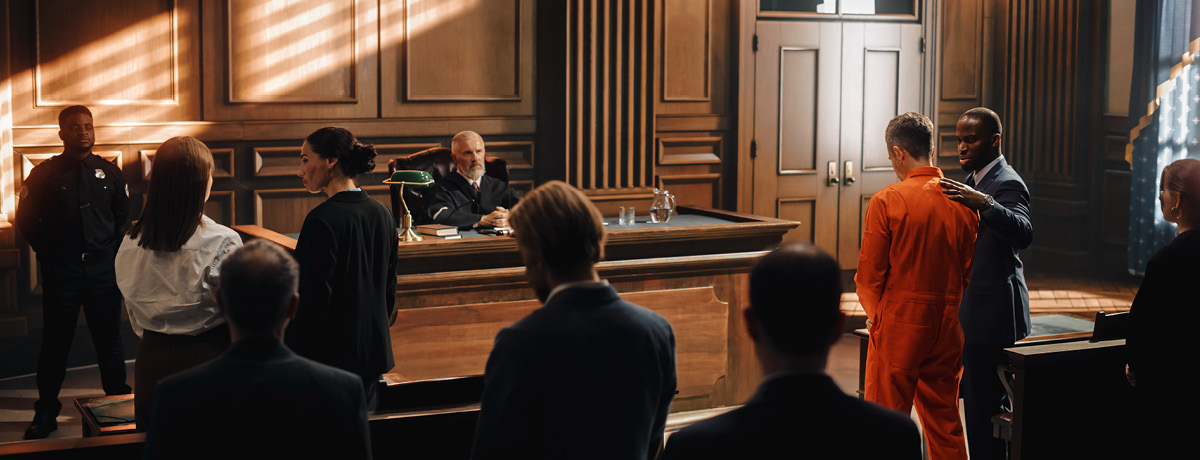In its simplest form, a plea bargain is when both parties involved, the prosecution and the defense, manage to come to an agreement that allows the accused to plead guilty, in turn receiving a smaller criminal charge or a reduced sentence in exchange for avoiding a trial. In recent years, plea bargains have slowly but surely become an essential part of the criminal justice system in the U.S.
Although this may quickly expedite an otherwise burdensome legal process, plea bargains also raise concerns about fairness, transparency and legal consequences left unattended. In this article, we’ll explore the impact of plea bargains on the U.S. legal and criminal justice system, offering some key insights as to why it has become the default solution.
What Are the Pros and Cons of Plea Bargaining?
As is the case with any other legal practice, there are several pros and cons to plea bargaining. The main pro comes in the form of efficiency since the primary goal of a plea bargain is to save both time and money by avoiding a trial. Additionally, plea bargains can quickly provide closure for both the victims and their families, but sometimes this comes at a cost. The cons include that it can often result in a miscarriage of justice, leading to innocent individuals pleading guilty to crimes they didn’t commit, undermining the public’s trust in the judicial system.
Do Most Criminal Cases End in Plea Bargains?
Believe it or not, a vast majority of criminal cases in the U.S. result in plea bargains. According to a recent report by the American Bar Association, in any given year, roughly 98% of cases in the U.S. federal courts system are resolved via plea bargains. Plea bargaining is often seen as a cost-effective and efficient way of resolving criminal issues. Lawmakers and legal critics alike argue that plea bargaining can lead to many disparities in criminal sentencing. Despite these overarching concerns and legal drawbacks, plea bargaining remains a prevalent practice in the U.S. judicial system.
Why Are Plea Bargains Such a Large Part of the Criminal Justice System?
Plea bargains remain a large part of the criminal justice system for several reasons. As such a common occurrence, plea bargains provide benefits for all parties involved. As previously stated, plea bargains offer the prosecution an easy way of securing a conviction without the hassle of wasted time, legal expenses and the uncertainty of bringing a case to trial. Due to this, plea bargains are used to significantly reduce the backlog of criminal cases brought before the courts. As debate within the legal community over its use continues, the U.S. government must work towards a system that promotes fairness and is just and equitable for all parties involved.
If you need legal guidance on criminal charges or plea negotiations, use the Best Lawyers Find a Lawyer tool to connect with qualified criminal defense lawyers in your area.
































